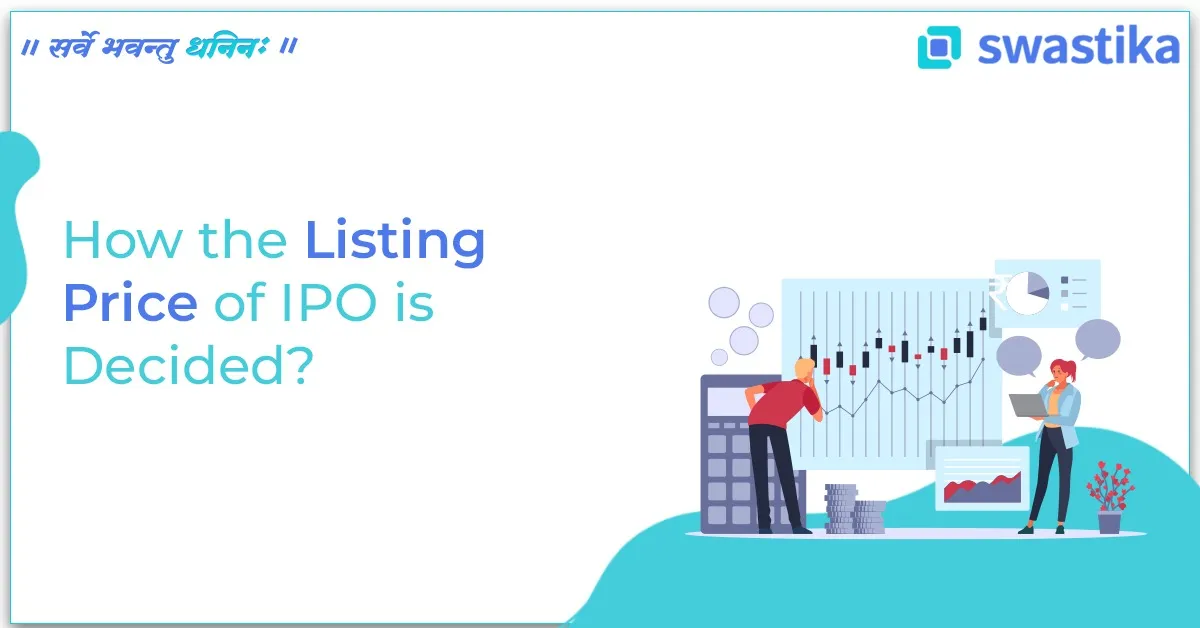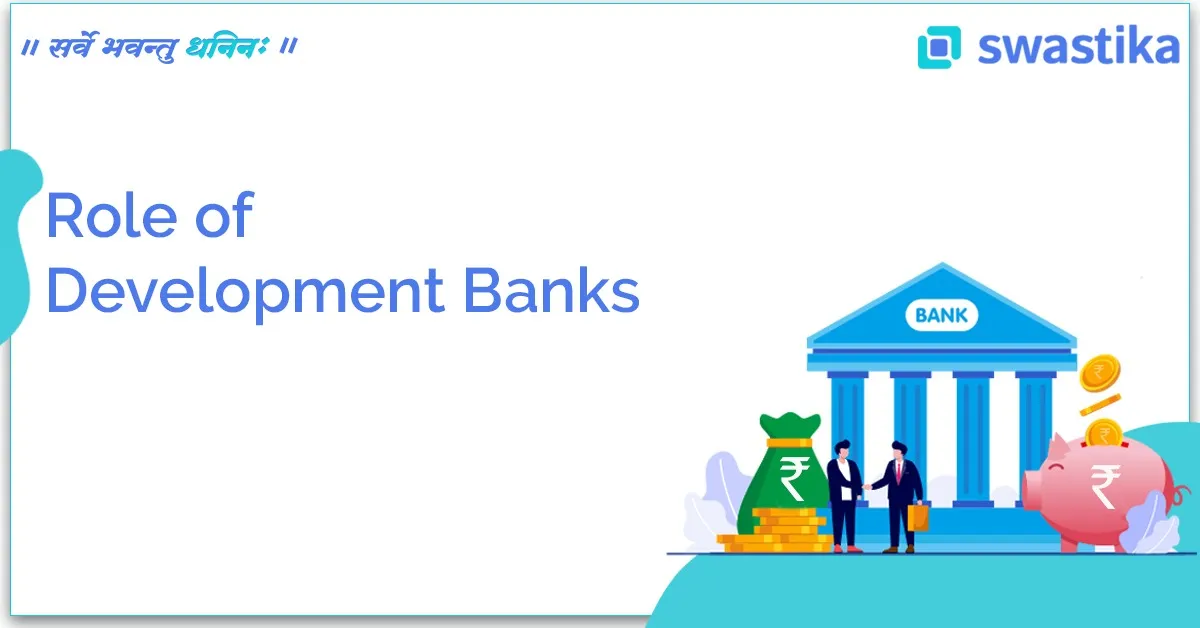Vedanta Demerger Explained: What the Split Means for Shareholders in 2025

Key Takeaways
- Vedanta’s shareholders and creditors have approved splitting the company into five independent entities.
- Every Vedanta shareholder is expected to receive 1 share in each of the demerged business units.
- The demerger has been delayed to March 2026, citing pending NCLT and government approvals.
- There are regulatory concerns: the government has flagged risk around certain demerged entities (e.g., Malco Energy) potentially going into liquidation.
- For investors, the split could unlock long-term value by allowing more focused businesses, but it’s not without risk — making a reliable broker with strong research (like Swastika Investmart) more important than ever.
Why Vedanta Is Splitting Up
Vedanta Ltd, one of India’s most diversified natural-resources companies with stakes across aluminium, oil & gas, power, steel, and base metals, has embarked on a bold demerger plan. The idea? To spin off its business verticals into specialized listed entities, unlocking value, improving operational focus, and making each business more investable.
Anil Agarwal, Vedanta’s chairman, has called this a “3D” strategy. Demerger, Diversification, and Deleveraging to double the size of Vedanta. The demerger is not just financial housekeeping; it's a long-term play to let each business chart its own course, raise capital independently, and attract investors with very different risk appetites.
What the Demerger Looks Like: The Structure
Originally, Vedanta proposed a six-way split. But after revising the plan, it now aims for five demerged companies:
- Vedanta Aluminium : Aluminium business
- Vedanta Oil & Gas : Upstream and oil assets
- Vedanta Power : Power generation
- Vedanta Iron & Steel : Ferrous portfolio
- Vedanta Limited : This entity will hold Hindustan Zinc (zinc, silver) and act as an incubator for new verticals, including technology.
Each shareholder will get one additional share in each of the four new companies (i.e., in addition to their existing Vedanta shares).
What This Means for Shareholders
1. Potential for Value Unlock
- By unbundling different business verticals, Vedanta is giving investors more control: you can choose to hold just the aluminium company, or stay exposed to oil & gas, or keep everything via the parent entity.
- Separate companies may attract specialist investors or strategic partners, which could help each vertical scale faster.
- With focused management and capital allocation, each business has a clearer growth roadmap — this is particularly useful in capital‐intensive sectors like steel or oil.
2. Liquidity and Listing Upside
- Once demerged, each business could be independently listed. This may increase liquidity and potentially re-rate each vertical based on its fundamentals.
- Standalone valuations might reflect the true potential of each business, rather than being diluted in a conglomerate structure.
3. Risks to Watch
- The demerger timeline has been extended. Vedanta now expects completion by March 31, 2026, citing pending approvals from the NCLT and other regulatory authorities.
- The Indian government has raised concerns about some demerged units for example, it has argued that Malco Energy (oil & gas entity) might struggle with asset coverage, raising the risk of default or liquidation.
- Operational risk remains: once the businesses are separate, they lose the internal “cross-subsidy” that a conglomerate enjoys. Some verticals may face tougher market cycles.
4. Regulatory and Approval Risk
- The National Company Law Tribunal (NCLT) must approve the scheme.
- Government agencies, especially in the energy sector, are scrutinizing disclosures, particularly in the oil & gas and power verticals.
- These approvals are non-trivial — any delay or negative ruling could derail or dilute the value proposition of the demerger.
Real-World Context & Impact on Indian Markets
- Debt Relief for the Parent: Vedanta’s parent (Vedanta Resources) has a substantial debt burden. By splitting into verticals, Vedanta hopes to ring-fence riskier units and raise capital separately, which could ultimately strengthen the parent’s balance sheet.
- Sectoral Clarity: In India’s capital-intensive sectors like metals and power, the demerger could help each business raise focused capital or form partnerships. For instance, the aluminium business could attract global metal investors, while the power unit might collaborate with clean-energy firms.
- Investor Choice: Retail and institutional investors now get more choice. A conservative investor might prefer stable aluminium or zinc exposure; a growth investor could bet on oil & gas or power.
- Regulatory Oversight: The demerger also highlights the role of regulators NCLT, government ministries, and creditors will all play a key role, which could set precedents for other large conglomerates considering similar restructuring.
Frequently Asked Questions (FAQ)
Q1: When will the demerger actually complete?
A1: Vedanta has extended its demerger timeline to March 31, 2026, because it is still waiting for NCLT approval and approvals from various government bodies.
Q2: How many shares will I get in the new companies?
A2: According to the demerger scheme, every existing Vedanta shareholder will receive 1 share in each of the four newly demerged companies on completion.
Q3: What are the major risks for shareholders?
A3: Key risks include regulatory delays, possible financial stress in demerged units (e.g., the government has flagged Malco Energy’s viability), and loss of cross-business support once splitting occurs.
Q4: Why did Vedanta drop its base metals demerger plan?
A4: Vedanta revised its earlier 6-way demerger plan and decided not to demerge base metals for now. They may consider it later when the business matures further.
Q5: How can I monitor the progress of the demerger?
A5: Keep an eye on Vedanta’s stock-exchange filings (e.g., BSE/NSE announcements), NCLT updates, and trusted financial news portals. You can also consult your broker’s research tools for detailed corporate-action tracking.
Conclusion & What It Means for You
Vedanta’s 2025 demerger is a landmark restructuring, aimed at unlocking hidden value and giving each business vertical enough room to grow independently. For shareholders, it presents both an exciting opportunity (more control, potential re-rating) and real risks (regulatory delays, financing issues).
If you're an investor looking to navigate this transformation, having a reliable broker is key. That’s where Swastika Investmart comes in: SEBI-registered, backed by strong research tools, tech-enabled investing platforms, and a deep commitment to investor education and support.
Ready to act?
👉 Open your account with Swastika Investmart today
today and stay ahead as Vedanta writes its next chapter.


.png)



.webp)
.webp)

.webp)






